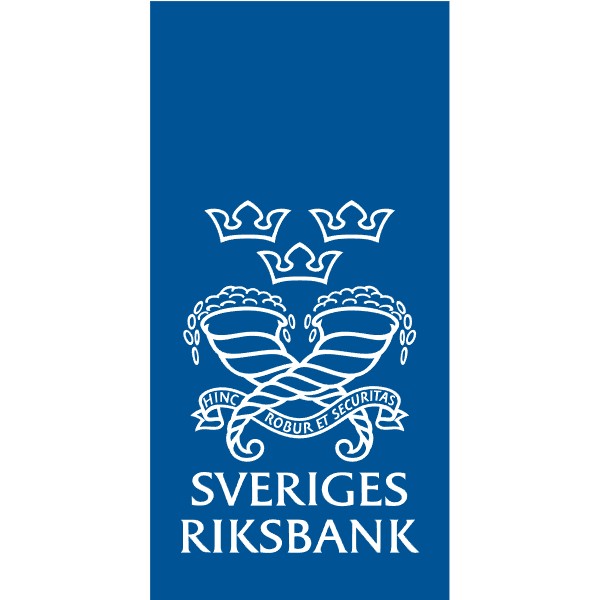Name & Background
Riksbank is Sweden's state-owned bank, founded in 1668 and headquartered in Stockholm. As one of the oldest central banks in the world, the Riksbank's mission is to ensure the stability of the currency as well as the stability of the Swedish financial system. Its shareholders belong to the Swedish government, and the bank does not operate with the goal of making a profit, but to ensure the stability of the economy and the implementation of monetary policy.
Scope of
ServicesRiksbank's services are mainly concentrated in Sweden and are responsible for regulating the country's monetary policy and maintaining the stability of the financial system. As a central bank, its main functions include setting interest rates, managing foreign exchange reserves, implementing monetary policy, etc., Riksbank is not directly involved in commercial banking or retail banking services, so there is no traditional banking network such as branches or ATMs. However, it has maintained a wide reach through its partnerships with commercial banks, government agencies, and international organizations.
Regulation &
ComplianceRiksbank is strictly regulated by the Swedish government and financial regulators, primarily by the Swedish Financial Supervisory Authority (Finansinspektionen) and the Swedish Ministry of Finance. As Sweden's central bank, Riksbank is not required to participate in the deposit insurance program because it is supported by the government and its main function is to ensure the stability of the financial system, rather than directly providing deposit insurance. However, Riksbank still conducts regular compliance reviews and maintains a good record of compliance.
Financial healthRiksbank's
financial health is generally very robust as it is directly backed by the Swedish government and maintains economic stability by managing the country's foreign exchange reserves and interest rate policies. Unlike commercial banks, Riksbank does not have conventional indicators such as capital adequacy ratio and liquidity coverage ratio; It is mainly funded by government finances and foreign exchange reserves. Its non-performing loan ratio also does not apply because it does not conduct commercial lending business.
Deposit & Loan
ProductsAs Riksbank is a central bank, it does not directly offer retail deposit and loan products. Its main function is to set interest rates and provide stability in financial markets, rather than directly providing deposit or loan services. Sweden's commercial banks, such as Swedbank and SEB, are the main providers of a wide range of deposit and loan products.
List of common fees
Riksbank does not charge typical bank fees such as account management fees, transfer fees, etc. As a central bank, its primary functions do not involve personal accounts or retail banking services. As a result, the financial interaction between the average consumer and Riksbank is mainly carried out through other commercial banking channels.
Digital service
experienceRiksbank's digital service experience is mainly reflected in the implementation of monetary policy and financial supervision through technology and digital platforms. Riksbank does not directly provide consumer-facing apps or online banking services, but its official website (www.riksbank.seprovides a wide range of online information services, where users can get up-to-date information on the Swedish economy, monetary policy, foreign exchange reserves, etc. Riksbank has also driven the research and implementation of digital currencies in terms of digital innovation, especially in the field of central bank digital currencies (CBDCs).
Customer Service
QualityRiksbank does not offer regular customer service channels such as 24/7 phone support or live chat service. It mainly serves the Swedish government, financial institutions, and international organizations. Sweden's commercial banks provide customer service aimed at consumers, while Riksbank focuses on policymaking and financial stability functions.
Security
MeasuresRiksbankAs a central bank, its fund security and data security are of the highest level. It manages Sweden's foreign exchange reserves and is responsible for ensuring the stability of the country's monetary and financial system. Riksbank protects against financial risks through a highly confidential financial system and a modern technology platform. At the same time, Riksbank has strict standards for its data protection and privacy policy, complying with information security standards such as ISO 27001, ensuring that no data breaches have occurred.
Featured Services & DifferentiationRiksbank's
distinctive services are mainly reflected in monetary policy and financial regulation, and it does not provide retail financial products. Its differentiation is reflected in its role as a central bank, with the unique function of independently setting national interest rates, managing foreign exchange reserves, and implementing monetary policy. Riksbank is also promoting research on green finance and digital currencies (e.g. E-krona) to stay ahead of the curve in the field of digital currencies.













